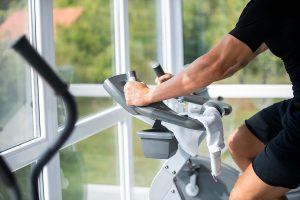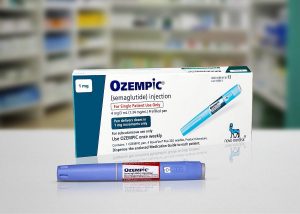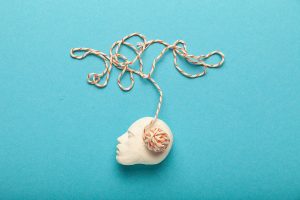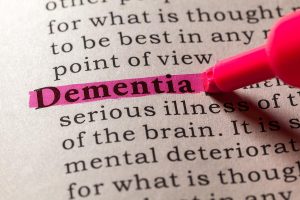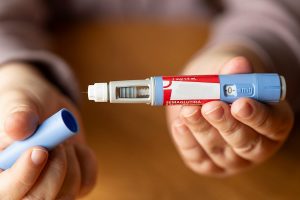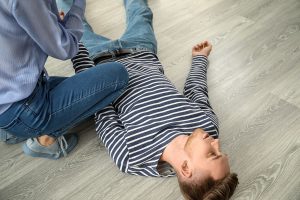
The daily use of low-dose aspirin against heart disease may have taken another knock. New research shows that the practice may not provide black Americans with any lowering of their heart attack risk. Researchers analyzed 11 years of data from more than 65,000 people, ages 40-79, living in the American Southeast. More than two-thirds of the participants were black, and about two-thirds were at high risk for heart attack or stroke at the start of the study period. Taking low-dose aspirin was associated with a reduced risk of a fatal heart attack in whites, particularly in white women, but it did not appear to lower the risk among blacks, even among those with the highest risk of heart disease, the research found. The reasons for the “race gap” in aspirin effectiveness are unclear, but “we think the reason aspirin use did not have a beneficial effect for African Americans could involve a different genetic response to aspirin therapy and poor control of other risk factors,” said study lead author Dr. Rodrigo Fernandez-Jimenez. He’s a cardiologist and researcher at National Center for Cardiovascular Research in Madrid, Spain. The researchers stressed that the study wasn’t designed to prove cause and effect, only showing associations between aspirin use and heart health. The findings were published Dec. 11 in the Journal of the American Heart Association. While millions of… read on >











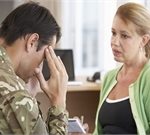

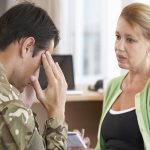





-300x169.jpg)

